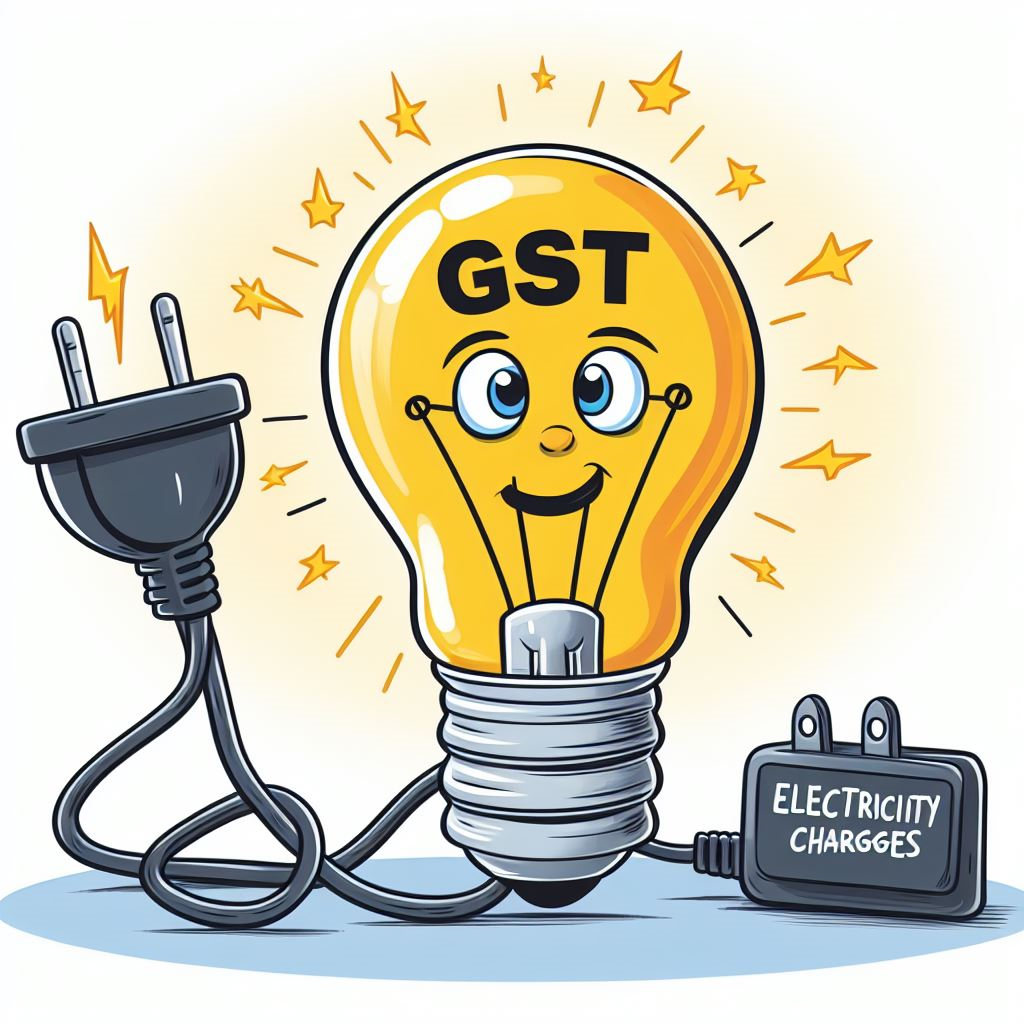The Impact and Benefits of the Latest GST Amendment for Goods Transport Agencies in the 50th Council Meeting held on 11th July 2023

In a landmark move during the 50th GST Council Meeting held on July 11, 2023, crucial amendments were introduced, significantly impacting the Goods Transport Agency (GTA) sector. These changes bring forth both challenges and benefits, reshaping the landscape of goods transportation taxation in India.
Impact of the 50th GST Council Meeting Amendment on Goods Transport Agency:
Service Definition Clarification:
The amendment addressed longstanding concerns by providing a clear and explicit definition of services rendered by Goods Transport Agencies. This newfound clarity aims to reduce ambiguity and enhance understanding, minimizing potential disputes and fostering smoother operations for GTAs.
Overhaul of Input Tax Credit (ITC) Mechanism:
A pivotal focus of the amendment was the revamping of the Input Tax Credit mechanism for GTAs. The changes intend to simplify the process, making it more accessible and beneficial for businesses involved in goods transportation, thereby alleviating previous challenges faced by the sector in claiming ITC.
Tax Rate Rationalization:
The 50th GST Council Meeting brought about a reevaluation and rationalization of tax rates applicable to Goods Transport Agencies. This adjustment aims to create a more uniform and coherent tax structure, reducing complexities and ensuring a fair taxation regime for businesses in the transportation sector.
Benefits of the 50th GST Council Meeting Amendment for Goods Transport Agencies:
Enhanced Compliance and Transparency:
The explicit clarification of services and the refined ITC mechanism contribute significantly to enhanced compliance and transparency. Goods Transport Agencies can now navigate the GST framework with greater confidence, fostering an environment of adherence to regulations and best practices.
Financial Gains Through ITC Optimization:
The revamped ITC mechanism holds the promise of financial gains for Goods Transport Agencies. By optimizing the process of claiming ITC for goods and services used in transportation operations, businesses stand to benefit from reduced costs, potentially leading to improved competitiveness and increased profitability.
Streamlined Taxation Structure:
The tax rate rationalization introduced in the 50th GST Council Meeting contributes to a more streamlined taxation structure. This simplification is anticipated to alleviate administrative burdens on businesses, making compliance processes more straightforward and efficient.
Promotion of Industry Formalization:With clearer guidelines, financial gains, and a simplified taxation structure, the latest GST amendment encourages Goods Transport Agencies to formalize their operations. This move aligns with broader objectives and aspirations for a more organized and thriving goods transportation industry in India.
Reverse Charge Mechanism (RCM):
When a Goods Transport Agency (GTA) does not discharge the GST liability, the responsibility shifts to the recipient of services. The recipient is obligated to pay GST at a rate of 5% on the services received from the GTA.
Forward Charge Mechanism (FCM):
Under the Forward Charge Mechanism (FCM), the Goods Transport Agency (GTA) is provided with the flexibility to determine the GST payment on the services they supply. The applicable tax rate is contingent on whether the GTA opts for Input Tax Credit (ITC) or not. The two scenarios are outlined below:
Non-Claim of Input Tax Credit (ITC):If the GTA chooses not to claim any Input Tax Credit, the applicable tax rate on the services supplied is 5%.
Claim of Input Tax Credit (ITC):In the event that the GTA opts to claim Input Tax Credit, the tax rate applicable on the services provided is set at 12%. This higher rate reflects the benefit of ITC being availed by the Goods Transport Agency.
Conclusion:
The outcomes of the 50th GST Council Meeting mark a transformative phase for Goods Transport Agencies, promising increased clarity, financial benefits, and a streamlined taxation structure. As the industry adapts to these changes, the hope is that this amendment will not only foster compliance but also contribute to the growth and resilience of the Goods Transport sector in India. The 50th Council Meeting is poised to be a milestone in shaping a more robust and business-friendly environment for Goods Transport Agencies across the country.


